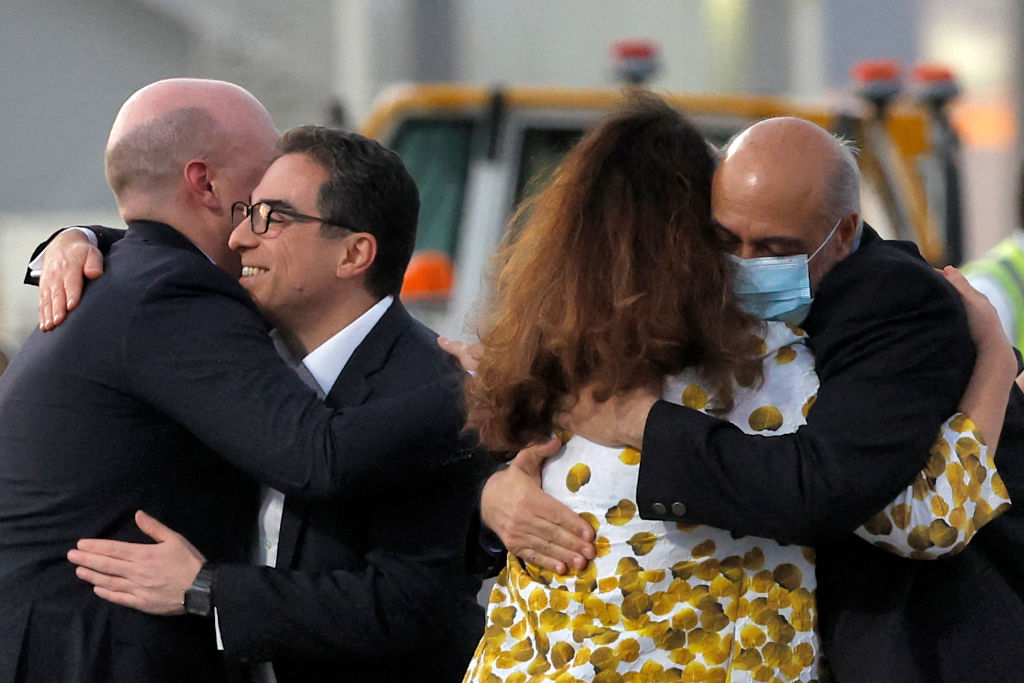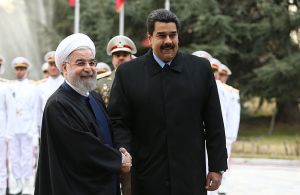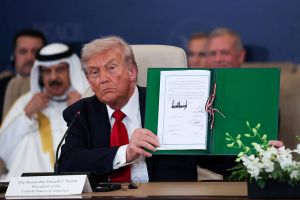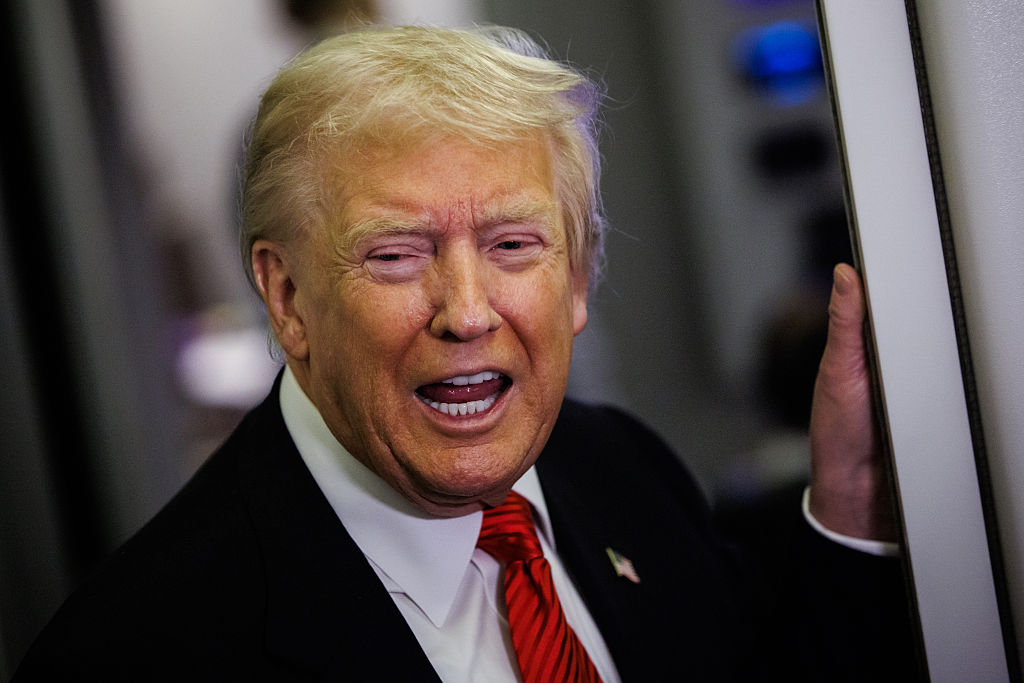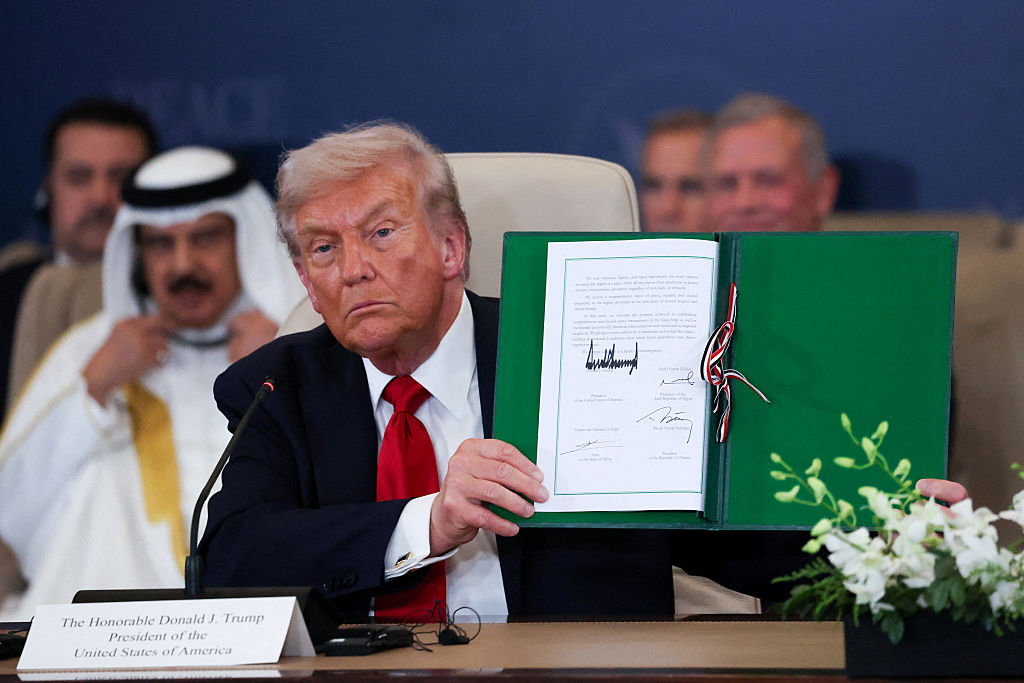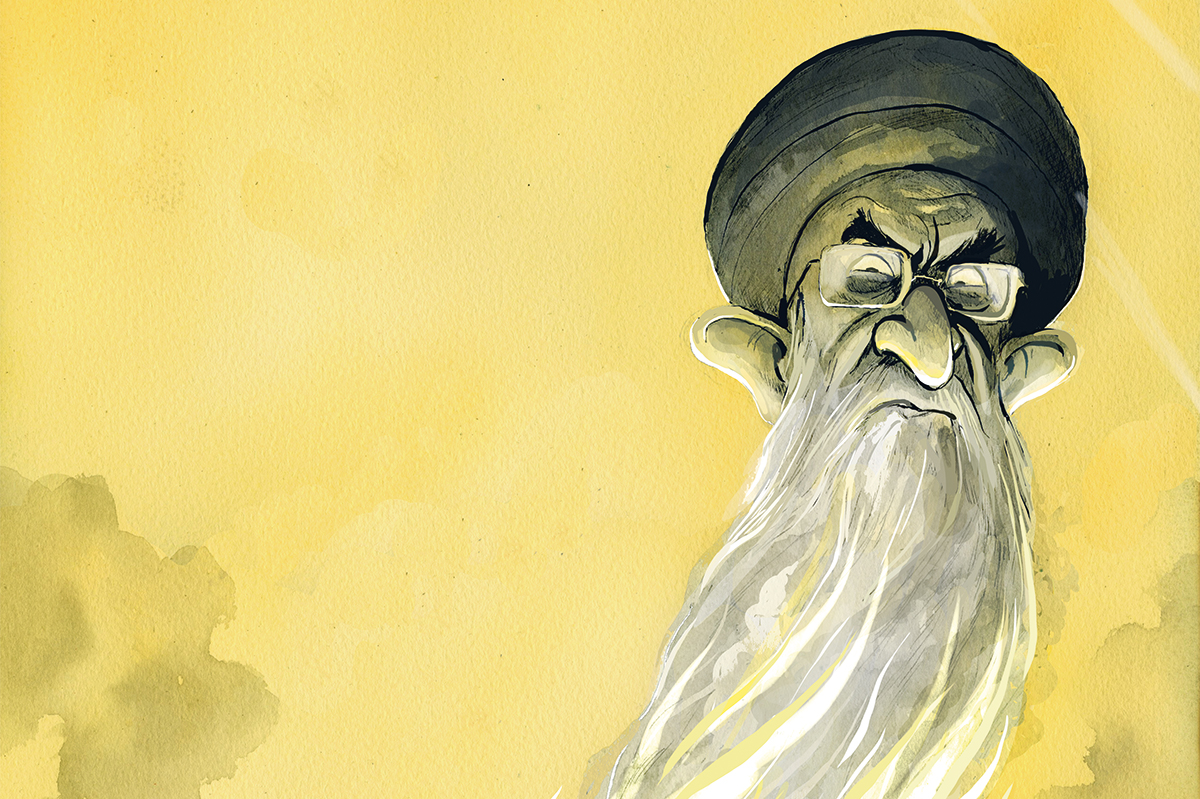Negotiating with Iran can be the diplomatic equivalent of a day-long migraine. While Iran policy often strikes a chord in Washington, DC, people across the political spectrum come together on this basic proposition: the Iranians are some of the best hagglers on the planet. Wendy Sherman, a career US diplomat who played a major part in negotiating the now-defunct Iran nuclear deal, referred to the Iranians as legendary for their skill at the bargaining table. Donald Trump alluded to their skill, too: “[T]]he Iranians, frankly, are great negotiators,” he said in 2016. And former ambassador (and now CIA Director) William Burns commented the same year, “The Iranians are very skilled negotiators, very tough.”
Yet sometimes the United States doesn’t have much choice but to sit down at the table with this most historic of adversaries. Sometimes the negotiation fails, but on rare occasions it succeeds.
After a long on-again, off-again negotiation with Tehran over a prisoner exchange, five Americans are now on their way back to the United States. This includes Siamak Namazi, who endured hellish conditions in the infamous Evin prison for nearly eight years after his conviction on spurious espionage charges. In exchange, five Iranians were released from US detention on sanctions violations, while about $6 billion of Tehran’s money will be unfrozen and sent to a bank in Qatar to help pay for non-sanctioned goods.
For the Biden White House, this is a day to celebrate. Yet a good chunk of Washington is beside itself. Weeks before the Americans reached Qatari soil on their way stateside, Republican lawmakers were aghast that the White House would, in their interpretation, pay the world’s foremost state sponsor of terrorism to get Americans out of jail. Senator Tom Cotton slammed Biden for “appeasement and total failure of leadership” while Representative Michael McCaul, chairman of the House Foreign Affairs Committee, all but implied that Biden was feeding resources into Iran’s nuclear program. Trump, true to form, hinted Biden was senile for green-lighting the trade. “Our grossly incompetent ‘leader,’ Crooked Joe Biden, gave 6 BILLION DOLLARS for 5 people,” he wrote on Truth Social. “Iran gave ZERO for 5. He’s Dumb as a Rock.”
None of these critics, however, have in any way, shape or form expressed what exactly they would have done differently to get these Americans home. And most of them don’t seem to understand how this specific prisoner exchange agreement works.
Opponents have relied on two arguments: (1) by making this deal, the US has broken its no-ransom-for-hostage policy, and (2) Iran will now be able to use the $6 billion any way it wants. Both are powerful arguments that will no doubt resonate on the airwaves and social media sphere over the next twenty-four hours.
Powerful, however, doesn’t necessarily mean accurate.
First, it should be stated upfront that there’s no ransom here. “Ransom” is a very specific term with a very specific meaning: “a consideration paid or demanded for the release of someone or something from captivity.” While the Iranians did indeed receive $6 billion, Washington didn’t pay a dime. The $6 billion wasn’t US Treasury Department funds, and it won’t come from the American taxpayer. Rather, Tehran made this money by selling crude oil to South Korea years ago. Iran, however, was unable to access it courtesy of the US sanctions re-instated by the Trump administration. All of this is a short way of saying that Iran received money it was already owed. So when you hear a politician or pundit on TV insinuating the US wrote a big, fat check and deposited it into Iran’s Central Bank, you might want to consider changing the channel.
What about the claims that Tehran will spend its financial windfall on sinister things like international terrorism, regional proxies or its nuclear and missile programs? This, too, is a stretch. Yes, money is fungible. But the Iranians don’t have direct access to the cash. The funds will be controlled by the Qataris, and the Americans will have oversight over where the money goes. According to the US Treasury Department, Iran can only use the $6 billion for humanitarian purchases. Presumably, this means the Iranian government will need to get approval for each and every transaction — and those transactions will need to go through various due-diligence measures. “If Iran tries to divert the funds or use them for anything other than a limited humanitarian purpose as authorized, we’ll take action to lock up the funds,” a senior administration official told reporters during a September 17 background briefing.
Some say the US shouldn’t have made a deal with the Iranians at all. Providing concessions, the logic goes, will just encourage Iran and other adversarial states to arrest more Americans.
Point taken. But we ought to face up to what this means in practice. Remove concessions from the equation and the Americans who are locked up unjustly will continue to languish behind bars for years, if not decades, to come. This is unfortunate on a moral level; ideally, no foreign government would treat an American citizen as a political pawn. Ideally, US adversaries would release Americans without asking for a thing.
But we don’t live in an ideal world. Concessions, whether in the form of a mutual prisoner exchange, limited sanctions relief or something entirely different, are often required.
If somebody has a better system, I’m curious to hear what it is.



